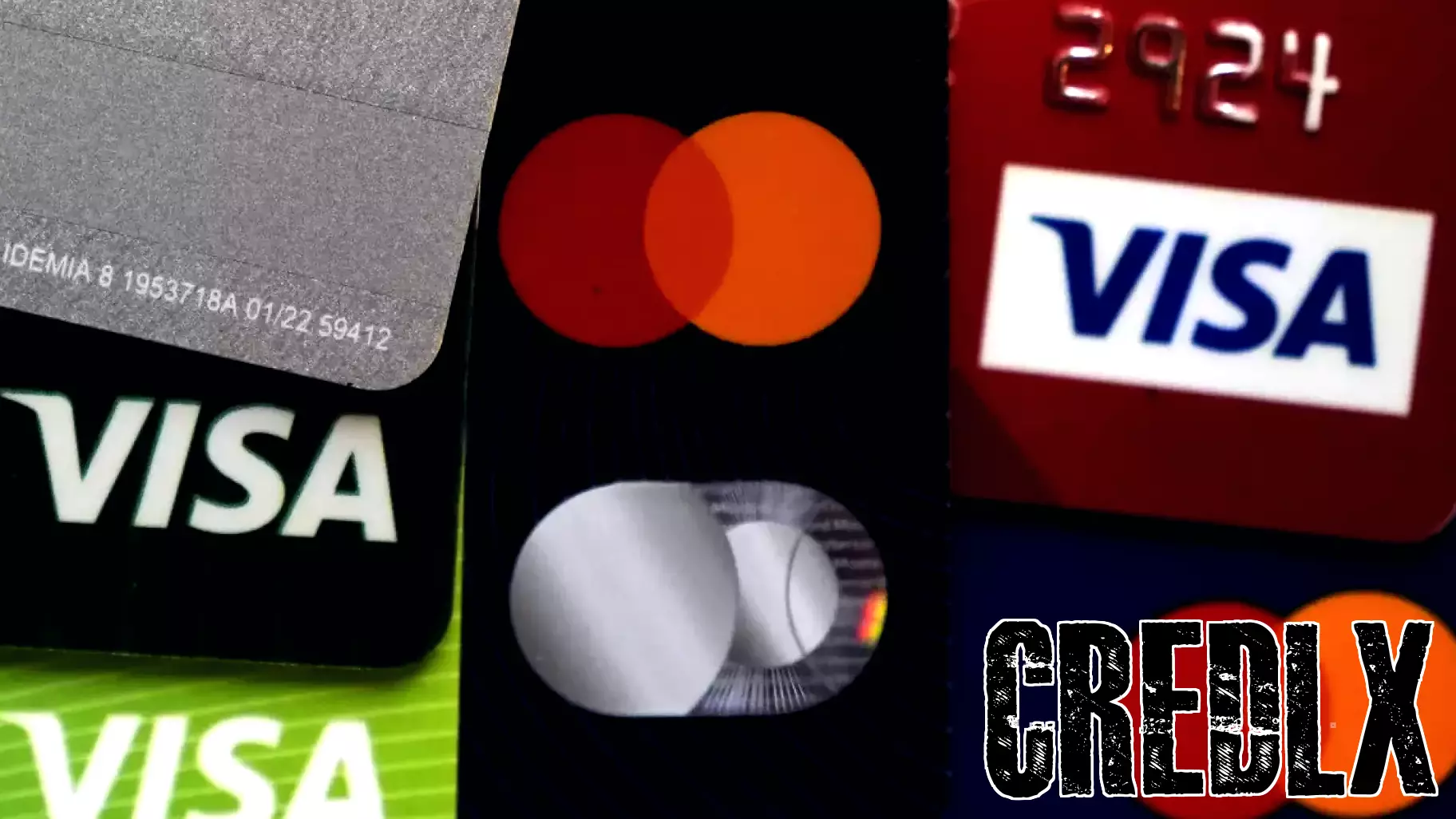Understanding the Surge in Credit Card Defaults
January 10, 2025 - 00:56

Credit card defaults among Americans have hit a concerning peak, reaching the highest level seen in 14 years. This alarming trend can be attributed to a combination of soaring credit card debt and persistent high inflation rates. As consumers grapple with rising costs, many are struggling to keep up with their monthly payments.
A borrower is considered to be in default when they fail to make credit card payments for more than 180 days, or roughly six months. This situation not only affects the individual’s credit score but can also lead to significant financial repercussions. As defaults increase, it raises concerns about the overall economic landscape and the potential for a ripple effect that could impact lenders and the economy at large.
Financial experts urge consumers to be proactive in managing their debt and to seek assistance if they find themselves unable to meet their payment obligations. Understanding the implications of defaulting on credit cards is crucial for maintaining financial health in these challenging times.
MORE NEWS

March 5, 2026 - 05:22
'People Should Rent, Bro' Says Real Estate Investor Grant Cardone — 'There's No Real Money In Owning A Single Family Home' Compared To The S&P 500Real estate investor Grant Cardone is making a controversial case against the traditional American dream of owning a single-family home. On a recent podcast appearance, he argued that renting is...

March 4, 2026 - 04:18
Gold tumbles amid broader market sell-off as dollar risesThe price of gold experienced a sharp decline on Tuesday, falling approximately 4% in a significant single-day drop. This sell-off coincided with a broad retreat across financial markets and a...

March 3, 2026 - 04:40
Financing Sustainable Agriculture in the CerradoBrazil`s vast Cerrado savanna, a global breadbasket and biodiversity hotspot, stands at a critical crossroads. As the nation`s agricultural frontier, it fuels the economy but faces immense pressure...

March 2, 2026 - 03:25
Claremont School Board candidates address financial crisis, rebuilding trustThe upcoming Claremont School Board election is dominated by urgent conversations surrounding the district`s financial crisis and the path to restoring public faith. Candidates vying for seats are...